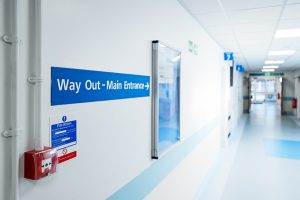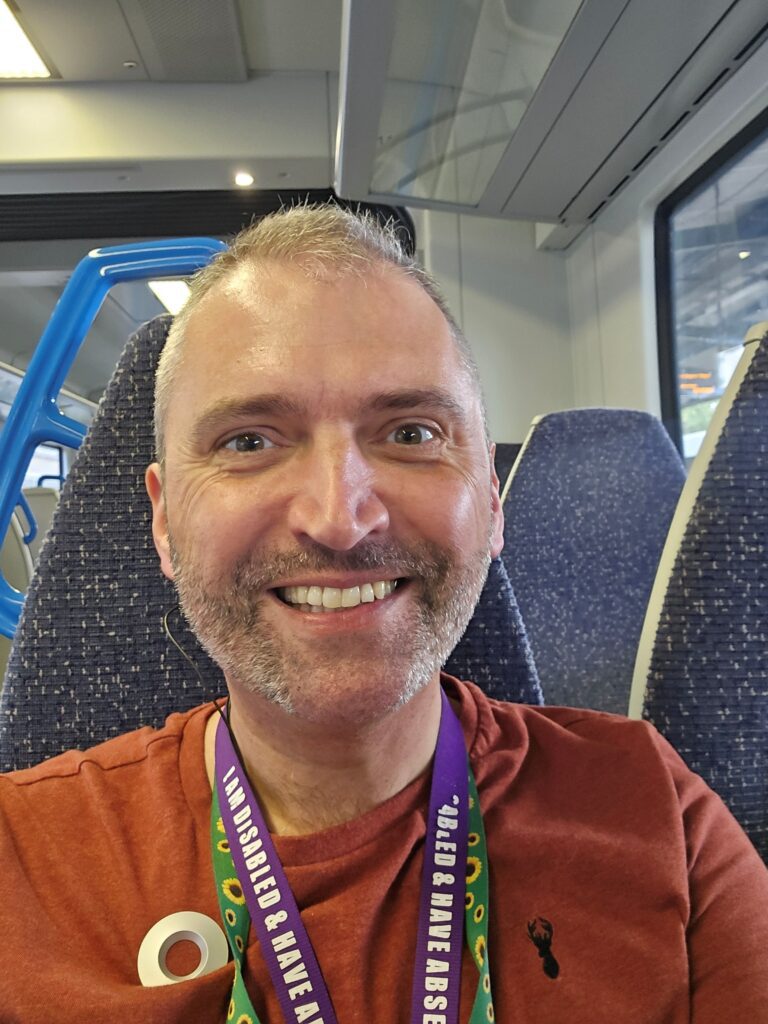 Epilepsy patients with learning disabilities have been left stranded by the Hywel Dda University Health Board in Wales after its dedicated service ended in June 2021, the Public Services Ombudsman for Wales has found.
Epilepsy patients with learning disabilities have been left stranded by the Hywel Dda University Health Board in Wales after its dedicated service ended in June 2021, the Public Services Ombudsman for Wales has found.
In a Public Interest report published today, the ombudsman found that the health board did not review patients’ needs in a timely manner and did not put “adequate alternative provision” in place for them.
The report said the lack of service and poor communication have placed significant pressure on carers and healthcare staff.
The ombudsman launched the investigation after a complaint was made on behalf of seven parents who’d had adult children using the service. The families said the health board did not arrange ongoing care for their children after the service ended and had no clear plans in place to support patients with epilepsy and learning disabilities.
The added that many of these patients have multiple complex needs and are at a higher risk of sudden unexpected death in epilepsy (SUDEP).
Public Services Ombudsman for Wales, Michelle Morris, said: “The lack of service provision, poor communication, and slow response to complaints has caused significant distress to the seven complainants.
“Carers have described feeling abandoned and unsupported, unsure who to contact for advice or assistance, while having to navigate a lengthy complaints process with no clear outcome.
“The role of a carer is already demanding, and the sudden removal of a key support system has only added to their stress. This represents a serious injustice to patients and their families, and I am mindful that others may be experiencing similar failings.
“The Health Board must now take urgent action to ensure these vulnerable patients and their carers receive the care and support they need.”
Falling between the cracks
Epilepsy Action Wales Manager Jan Paterson said: “The Ombudsman findings are shocking but sadly unsurprising and highlight the devastating impact the service closure at Hywel Dda is continuing to have on people with epilepsy and learning disabilities.
“This is an already vulnerable group of patients who are more likely to have severe uncontrolled epilepsy, which can place them at higher risk of death. There are 54,000 patients with learning disabilities in Wales and 1 in 5 will go on to develop epilepsy. This means it’s even more essential their care is totally holistic and joined up with epilepsy and LD services.
“Sadly, that is not the case and we know the health board is woefully under-resourced which is putting patients’ welfare and lives at risk.
“The board has recruited a learning disability nurse but she is not specialised in epilepsy, so these patients are falling between the cracks in the system and not receiving the basic level of care they need.
“As part of our Step Together work, we have been benchmarking services for people with epilepsy and learning disabilities, covering around 50% of England, and found that care is poor almost everywhere, so the failings highlighted in the report come as no surprise, especially given the extra pressures on services in Wales.
“The issues around the closure of the learning disabilities service at Hywel Dda are just part of a much wider health crisis facing people in Wales, with many services underfunded and under-resourced.
“Our Seizing Change report found every single health board in Wales is failing to meet waiting time guidelines for treatment after a seizure. Some patients, like those served on Hywel Dda, are waiting up to 36 weeks to be seen – the longest waiting time on record – where NICE guidelines say the follow-up appointment should be within two weeks of someone having their first seizure.
“Around 43% people are not being referred to any kind of specialist treatment after a seizure and, even more worryingly, our report found Wales is facing a severe neurology workforce shortage with not enough specialists to give patients the care they need.
“It’s practically impossible to serve a population of over 36,000 people with epilepsy with a dozen specialists.
“We are calling on the health board to fully implement the Ombudsman’s recommendations and, crucially, involve patients and patient groups in the development of the care pathway to ensure that patient voices, which have been ignored for too long, are included.”
Ensure no patient is overlooked
The ombudsman has previously issued a public report against the health board in 2021, calling out poor service planning and failing to make ongoing arrangements when services end.
In the current report, the ombudsman made recommendations for the board to:
- Progress plans to create a clear and accessible epilepsy and learning disability pathway for patients, informed by an external professional clinical review
- Set clear timescales for plans and monitor progress
- Issue apologies to the seven complainants
- Provide detailed updates on the complainants’ relatives’ care, including responsibilities for monitoring, care reviews, risk plans, and points of contact.
- Review all epilepsy and learning disability patient lists, ensure all care plans are up to date and ensure no patient is overlooked
More articles







